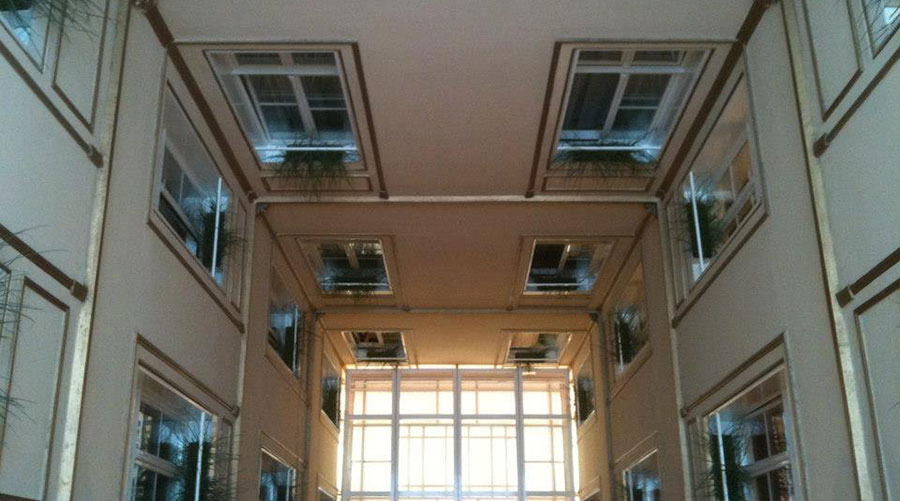Living in Salzburg

The City of Salzburg
With about 140,000 inhabitants, Salzburg is large enough to have an urban feeling, but small enough to be manageable and safe. The old part of the city, nestled on the Salzach River amid rocky hills, coexists with a modern world of shopping centers, cafes, and galleries. Farmers’ markets supply charm and nutrition.
An extensive bus system provides inexpensive and reliable transportation. This bicycle- friendly city is crisscrossed with bike paths. With woods and fields within and near the town, nature is never far away. And the city’s situation just north of the Alps and just west of the Salzkammergut lake district means that hiking, skiing, and other outdoor activities are easily accessible.
Housing and Food
Undergraduate and graduate students will live in one of the Austrian student dormitories, located throughout the city. Living with Austrian and other international students will give you ample opportunity to use your German. Note: The dormitories remain open during the holiday periods and the semester break.
The meal plan (optional) offers you the opportunity to choose where and when you would like to eat. You can cook in the dormitories or you will find good food at reasonable prices at the university cafeterias and local restaurants.
Cultural Program
The program offers you many opportunities for cultural learning. Program costs include visits to concerts, excursions to a variety of historical and cultural sites in and around Salzburg, theater visits and even hiking trips to the nearby mountains.
Travel
In addition to several cultural and educational trips, the program pays for two extended group excursions, a weekend trip to Vienna in the fall, and a 3-4 day trip to Germany (often Berlin) in spring.
You are free to take advantage of Salzburg`s great location in the heart of Europe and travel individually during long weekends, vacations, and the semester break (February). Favorite destinations of our past participants have been Munich (1.5 hours), Vienna (2.5 hrs.) Venice (6 hrs.), and Prague (8 hrs.).
Students traveling in Europe enjoy many financial advantages: reduced rail fares (Eurail or Interrail passes), cheap lodging at youth hostels, and reduced admission to museums, tourist sites, and theaters. The required International Student ID Card will help you get these advantages.
Updated: 02/27/2018 11:15AM
